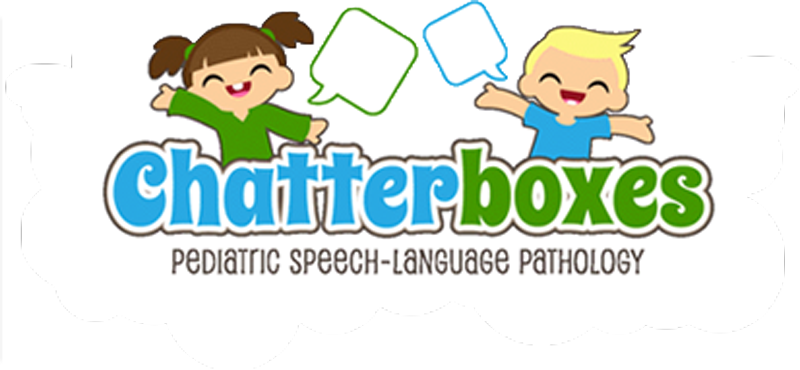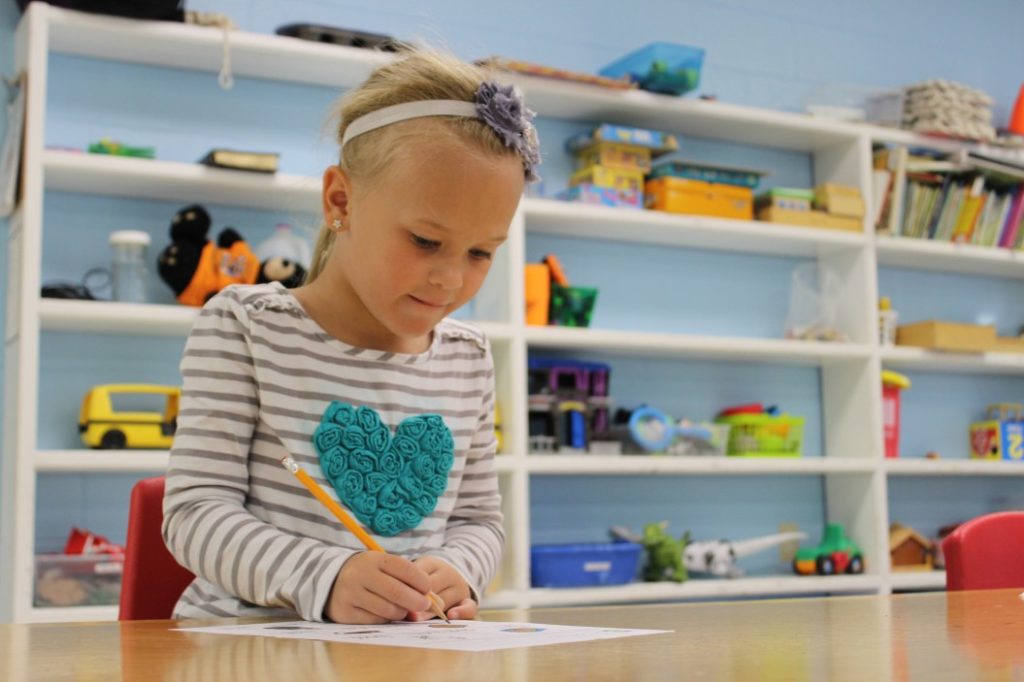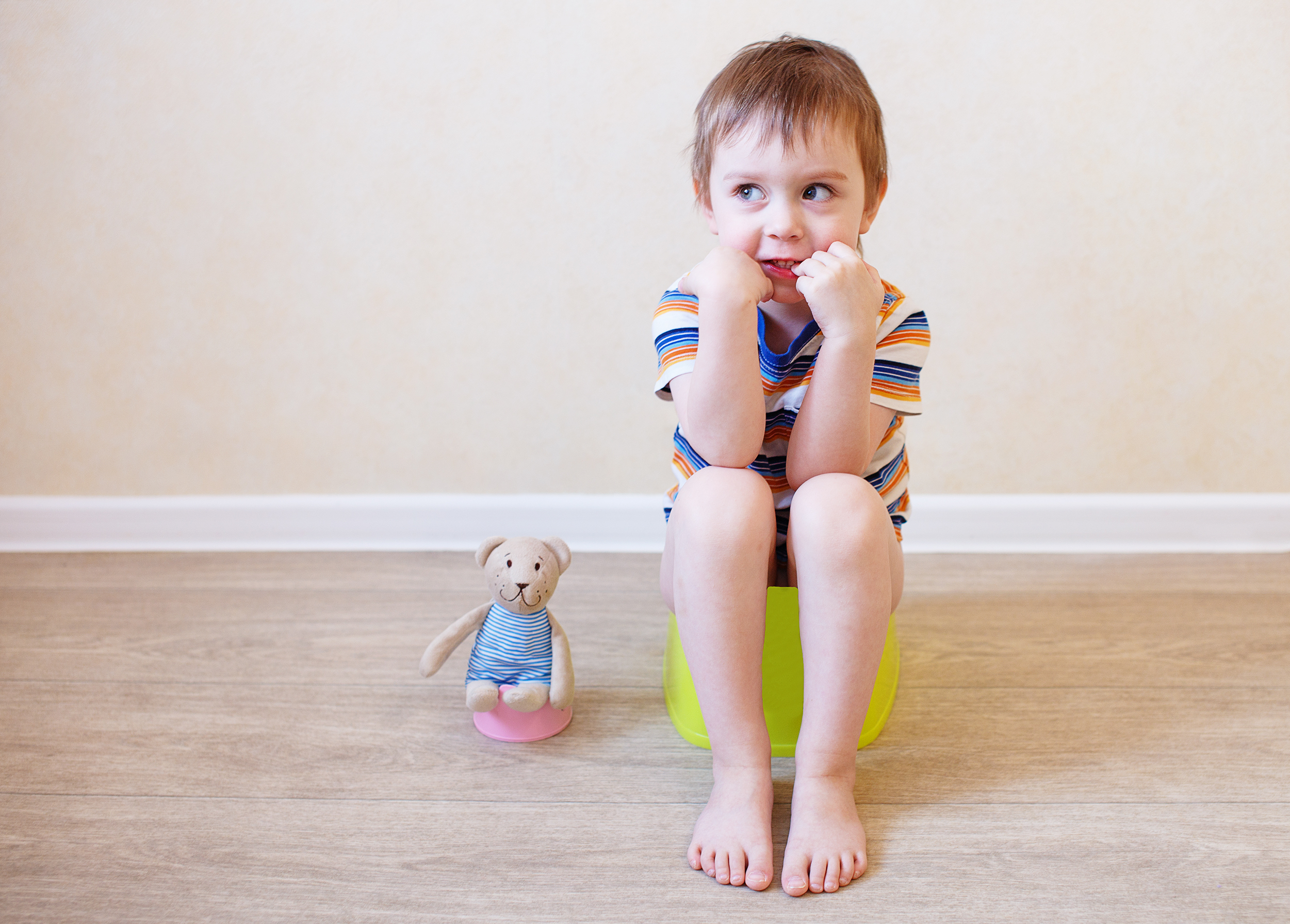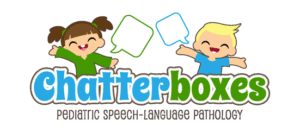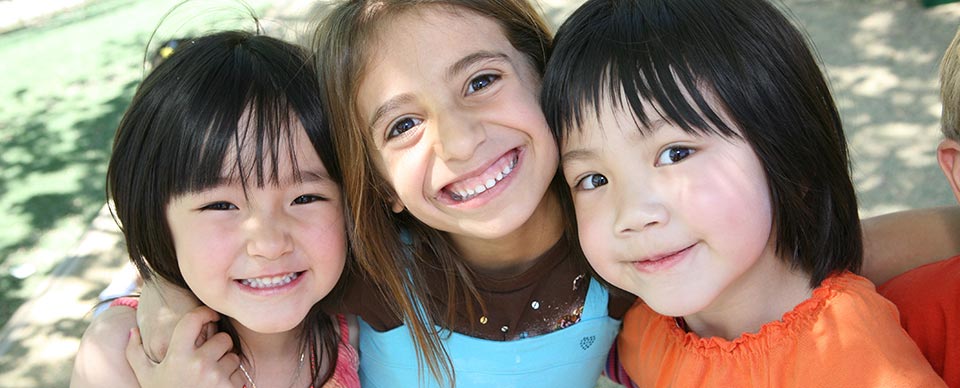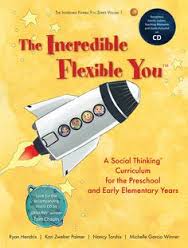
Lego based therapy is a collaborative play based therapy approach in which children with high functioning ASD work together to build LEGO models by working in pairs of 2 or more.
LEGO therapy encourages both nonverbal and verbal communication skills including: collaboration, joint attention, joint accomplishment, division of labor, sharing, turn taking, eye contact, gaze following, learning to be flexible thinkers, problem solving skills, and conflict resolution skills.
The communication and social bonding occurs as a result of the joint focus on a common goal: LEGO building!.
Ages for Lego groups: Groups can start as early as preschool age to adolescent years.
Criterion for Lego group:
- The child must be able to sit in a chair at the table and not attempt to escape, etc.
- The child should be able to respond to verbal instructions and nonverbal prompts, including pointing and gaze direction, imitating LEGO-building basic activities as demonstrated, with or without verbal prompting.
- Follow simple visual instructions
- Have the fine and gross motor skills to combine pieces/build structures.
- The child should be able to receptively and expressively communicate with peers effectively, either verbally or nonverbally.
- Does not does aggressive/disruptive behaviors
Lego Group size:
There is a minimum of 2 children per group. Group sizes can range up to 6 children, however, we prefer a maximum of 3-4 children per group to ensure highly individualized care.
* Please Note: Children with severe ASD would not be a good fit for these groups. Lego groups seem to work best with children with PDD/Aspergers/high functioning autism that can already demonstrate the skills mentioned above.
Group Mechanics: How does it work?
Group of 2 children: One child is the “engineer” who gives verbal instructions of the pieces needed and directions for assembling them. The “builder” follow his/her directions, and collects and puts pieces together. The roles are then switched.
Groups of 3: Each child has a role. The “engineer” describes instructions, “supplier” finds the correct pieces, and the “builder” puts the pieces and then they switch roles.
SLP’s role:
The Speech Pathologist is focused on highlighting the presence of particular issues or problems as they arise. The Speech Pathologist works to facilitate ho the children themselves can brainstorm their own solutions and resolve issues. The SLP focuses on positive behaviors rather than negative.
Interested in enrolling or learning if your child is a candidate for Lego Therapy?
Contact Us at 617-969-8255 or megan@teamchatterboxes.com

